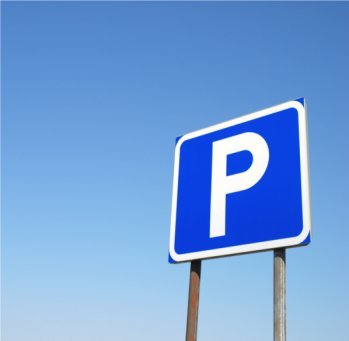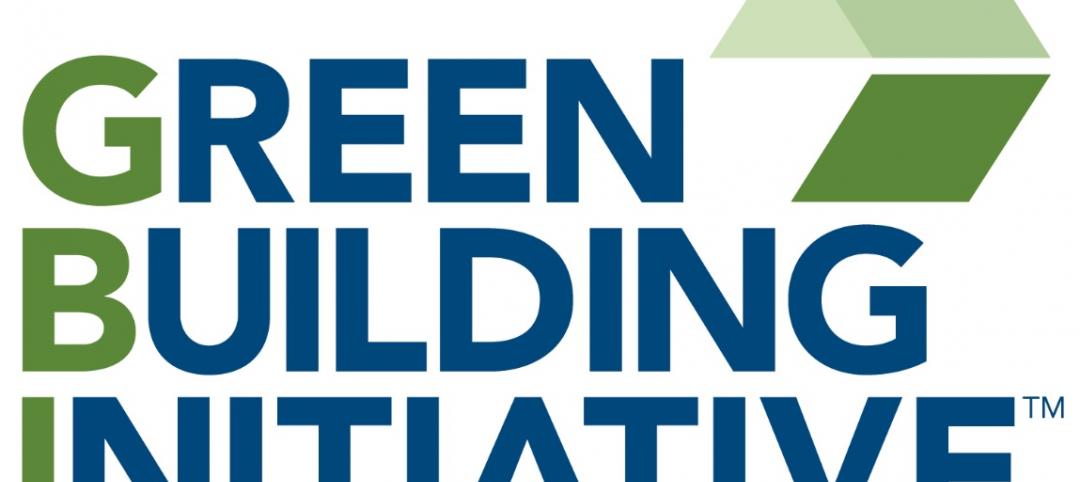According to the results of an industry-wide survey conducted by the International Parking Institute, increased demand for technology-related innovations account for half of the top ten trends in today's $30 billion parking industry. Among them, cashless, electronic, and automatic payment systems; real-time information about parking rates and availability via mobile apps; and wireless sensing devices for improved traffic management.
"Parking is all about mobility and connectivity," said Casey Jones, CAPP, chairman of the International Parking Institute (IPI), the world's largest association representing parking professionals and the parking industry. Jones shared results of the 2012 Emerging Trends in Parking Survey at the IPI Conference & Expo in Phoenix, Ariz. this week where more than 2,500 attendees, 220 exhibitors, and parking pros from 25 countries convened.
Jones says survey results reflect the demand for technology, sustainability, revenue-generation, and customer service that are converging to earn the industry new respect from Wall Street, Silicon Valley, and every drivable place in between, as forward-thinking planners come to the realization that parking matters to the design of more walkable, livable communities and to broader transportation issues.
More than one-third of those surveyed see the demand for green or sustainable solutions as a top trend affecting the parking profession. It is estimated that about 30% of the cars circling a city at any given time are doing so as drivers look for parking. Aside from the frustration factor, those cars are creating traffic congestion, viewed by survey respondents as being the single most significant societal change affecting the parking industry. From an environmental standpoint, that translates to incalculable amounts of wasted fuel and carbon emissions.
According to respondents, the number one strategy for making parking more sustainable is energy-efficient lighting, followed by parking space guidance systems that aid in finding parking faster, encouraging alternative travel, automated payment processes, solar panels, renewable energy technology, and accommodating electric vehicles.
An increased focus on customer service is another significant trend cited.
"Parking professionals are continually striving to make the parking experience better," says IPI Executive Director Shawn Conrad, CAE. He explains that the parking industry has expanded to serve cyclists, those who car-share, those en route to shuttle buses or light rail, and even pedestrians who benefit from parking facilities that serve as mobility connectors.
A chief problem seen by survey respondents is one those in the parking profession are working hard to correct: decision makers need to consult parking experts earlier in the planning process to prevent a myriad of design issues and other problems later on. When surveyed about the most common avoidable mistakes, respondents cited such issues as "lack of vision to invest in mass transit systems to handle large movements of people," "inefficient layout and poor aesthetics," "failure to think about parking in the planning stages," and "overlooking important issues such as water and power sources, snow removal, entry/exit functionality, and how and by whom the facility will be used."
Survey results showed a dead heat between urban planners, local government officials, and architects as those who most need to better understand parking and all its complexities.
When asked where parking would best fit as a course of study at an academic institution, nearly half of respondents suggested that parking should become part of the curriculum at schools for urban planners. Runners-up were schools where business and public policy is taught.
The 2012 Emerging Trends in Parking Survey was conducted in May 2012 among parking professionals by the International Parking Institute (IPI) and released at IPI's Conference & Expo. Results were tabulated and analyzed by the Washington, D.C.-based Market Research Bureau. A complete report is available at www.parking.org. +
Related Stories
| Jan 9, 2014
How security in schools applies to other building types
Many of the principles and concepts described in our Special Report on K-12 security also apply to other building types and markets.
| Jan 9, 2014
16 recommendations on security technology to take to your K-12 clients
From facial recognition cameras to IP-based door hardware, here are key technology-related considerations you should discuss with your school district clients.
| Jan 9, 2014
Harley Ellis Devereaux, BFHL Architects announce merger
Effective January 1, 2014, Ralph Lotito and Brett Paloutzian have merged BFHL, comprising 15 healthcare architects, with Harley Ellis Devereaux. A national architecture and engineering firm in practice since 1908, Harley Ellis Devereaux has offices in Chicago, Detroit, Los Angeles, San Diego and San Francisco, CA.
| Jan 9, 2014
Special report: Can design prevent another Sandy Hook?
Our experts say no, but it could save lives. In this report, they offer recommendations on security design you can bring to your K-12 clients to prevent, or at least mitigate, a Sandy Hook on their turf.
| Jan 8, 2014
Dan Noble succeeds H. Ralph Hawkins as president/CEO of HKS
H. Ralph Hawkins, FAIA, FACHA, LEED AP,current chairman, president and CEO, named Dan Noble FAIA, FACHA, LEED AP, his successor as president and CEO, effective January 1, 2014. Jeff Stouffer, AIA, will succeed Craig Beale, FAIA, FACHA, FACHE, as director of the firm's healthcare practice.
| Jan 8, 2014
Architect sentenced to a year in jail for firefighter's death
Architect Gerhard Becker was sentenced to a year in LA county jail after pleading no contest to the manslaughter of a firefighter who died while trying to contain a fire in a home the architect had designed for himself.
| Jan 7, 2014
Concrete solutions: 9 innovations for a construction essential
BD+C editors offer a roundup of new products and case studies that represent the latest breakthroughs in concrete technology.
Smart Buildings | Jan 7, 2014
9 mega redevelopments poised to transform the urban landscape
Slowed by the recession—and often by protracted negotiations—some big redevelopment plans are now moving ahead. Here’s a sampling of nine major mixed-use projects throughout the country.
| Jan 6, 2014
What is value engineering?
If you had to define value engineering in a single word, you might boil it down to "efficiency." That would be one word, but it wouldn’t be accurate.
| Jan 6, 2014
Green Building Initiative names Jerry Yudelson as new President
The Green Building Initiative announced today that it has named Jerry Yudelson as its president to accelerate growth of the non-profit and further leverage its green building assessment tools, including the highly recognized Green Globes rating system.
















